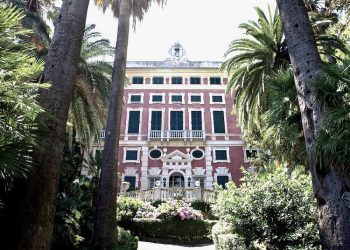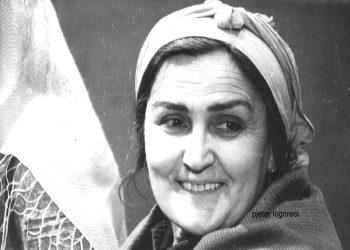Dashnor Kaloçi
Memorie.al publishes some archival documents extracted from the Central State Archive in Tirana, (the fund of the former Central Committee of the ALP), which belong to 1976, where there is a correspondence between the Education and Culture sector in the apparatus of The Central Committee of the ALP, with the secretary of the Central Committee, Ramiz Alia covering propaganda, art and culture, regarding a list of 51 names, all well-known personalities of the cultural and artistic institutions of Tirana, such as: Opera Theater and Ballet, Kinostudio “Shqipëria e Re”, Popular Theater, Estrada e Shtetit, Albanian Radio-Television, etc., who were targeted and would leave their jobs and positions, and would leave Tirana “by transfer” . That list also included many famous names of the stage and screen characters such as: Prokop Mima, Robert Ndrenika, Bujar Lako, Roza Anagnosti, Ndrek Shkjezi, Adivije Alibali, Miltiadh Papa, Ilia Shyti, Naxhi Bakalli, Luigj Gurakuqi, Luiza Papa, etc. After a long correspondence with official documents between the functionaries of the apparatus of K.Q. of the ALP, Ramiz Alia has noted: “I agree, do the program and tell us who will leave.”
The documents we are publishing are about an official correspondence of the apparatus of the Central Committee of the ALP, which belongs to 1976, where some senior officials of the Arts and Culture sector, have sent a report-information to the Propaganda sector , Art and Culture, which is a list of a number of well-known names, employees of cultural and artistic institutions of the city of Tirana, which included many of their most prominent personalities, such as; actors, directors, musicians, instrumentalists, singers, artistic directors, etc., who would be removed from their jobs, retired, and removed or transferred from the city of Tirana to other districts of the country.
As we will see from the documents in question, their transfer was not done for work needs, but for the only fact: that all the persons contained in that list, had biographical problems and were considered unwanted to work in those artistic institutions. Most of the names of that list, which consists of well-known actors and artists of the People’s Theater, Opera and Ballet Theater, Kinostudios ‘Shqipëria e Re’, Albanian Radio-Television, etc., were sent for approval and the signature of execution, Ramiz Alia himself, the secretary of the Central Committee of the ALP covering Propaganda, Art and Culture.
The list in question has the note “Top Secret” and it seems that it was compiled with the help of the State Security Directorate at the Ministry of Internal Affairs, as for each of its names there are special biographical data, which only that department had. After the IV Plenum of the ALP and especially after the strike of the so-called “hostile group in Art and Culture” in 1973, the period of cleansing in this sector would continue feverishly in the following years, which confirms The document in question, drafted and compiled in the offices of the Central Committee of the ALP, where the party functionaries ask the institutions they depend on, to dismiss the so-called ‘enemy element’, in one of the most significantly of the propaganda of the communist regime.
Based on the political line followed by the communist regime, where Enver Hoxha emphasized that: “Writers and artists are the helpers of the Party and as such, they must first and foremost be political people”, for the functionaries of the Central Committee apparatus of the ALP covering Propaganda, Art and Culture, it seems that the professionalism, fame or great popularity of Ilia Shyti, Roza Anagnosti (Dwarf), Sheri Mita, Robert Ndrenikë, Prokop Murra, Ndrek Shkjezi, Bujar Lakos, did not matter much. director Luigj Gurakuqi, soloist Luiza Papa (Çako), painter Naxhi Bakalli, etc., but their biographical guarantees.
Enver Hoxha’s statement about the so-called ‘Coup group in the army’, where he emphasized: “To wipe with an iron broom once and for all all the tails and debris of coup groups in every sector of society”, was fully applied and learning in the sector of Art and Culture, which were placed entirely under the strict control of the organs of the “dictatorship of the proletariat.” This is evidenced by the lesson and this document that we are publishing in full in this part of the book.
Information report sent to Ramiz Alia for actors and artists with bad biographies
Information
ABOUT THE POLITICAL COMPOSITION OF SOME STAFF WORKING IN CENTRAL ARTISTIC INSTITUTIONS
After the 4th plenum of the Central Committee of the Party, a series of measures have been taken to improve the political composition of the staff working in the central artistic institutions such as Kinostudios, Opera and Ballet Theater, People’s Theater, etc.
At the beginning of last year, during the discussion on the fight against bureaucracy, this problem was looked at and beyond. Basic organizations raised some issues that needed to be addressed.
During this period, the entire cadre with bad political composition was identified once again.
The District Party Committee decided to follow these criteria to improve the situation:
In the first place to remove those who have a bad political composition, are more compromised and cannot come on stage.
Also, gradually remove those that do not have a good composition and from an ideoprofessional point of view have no significant value.
For some artists who have stains in political makeup, if they soon reach retirement age, leave when they retire.
While some artists who have no problem with biography, retire based on convincing work with them. The removal of all these will cleanse the artistic institutions and will give way to a new and suitable element in our central bodies.
In order to remove badly trained staff, it was considered to look not only at the biographical side, but also at their work and activity in that institution.
The criteria set seem right to us. During this work, some of these people left these institutions.
At the Opera and Ballet Theater, 6 people left: (Donika Miluka, Llazar Morçka, Lenka Zotëria, Diana Keqja, Adivije Alibali and Jeta Nase)
Ferial Alibali, Lazër Vlashi was removed from the People’s Theater.
In Kinostudjo, 3 people were removed; Genc Rruzhdiu, Xhemal Broja and Zhak Vituli.
But it is seen that in these institutions we still have people with bad political composition. Thus, as such, in the list compiled last year, the basic organizations have identified 14 people in the People’s Theater, in the Variety Theater a year ago we had about 15 people, but now we have only 2, in the Opera and Ballet Theater 22. Arrangements are being made by the Party Committee for the removal of some others.
Several ways must be followed to clean up these institutions. There are those who are more compromised and without talent and should be removed quickly. Thus, for example, in the Opera House we have removed some who have their father or brother shot for hostile attitude during the war or after the liberation, such as: Haki Bejleri, Thoma Nova. Although they have been in these institutions for 20 years, we think that they should leave this central institution immediately.
Some actors of the People’s Theater did not maintain a good political stance during the war. Thus, Prokop Mima during the war was with the youth of Balli. Ndrek Shkjezi was with the Fascist Party during the war (but his wife is a member of the party, chairwoman of the region’s women’s organization). Since they are on the verge of retirement, they will be held for one to two years until they retire.
A wider group of cadres have any members of their family collaborating with the enemy or with treacherous organizations. Such we can mention Ermelinda Pema, (her father during the war was an officer, after his release imprisoned, a brother convicted of attempted escape).
Bujar Lako (his father during the war was deputy police commissioner, and commissioner of Safet Butka’s ballistic squad).
Roza Anagnosti, (her father before the liberation was an officer and in 1950 was convicted of hostile activity). Vilhelm Konjari, Brixhita Xhepa, Jorgji Kareco, etc. are among the family members convicted for bad political attitude.
For this it is intended to be gradually removed from the central artistic institutions and put in the artistic bodies of the districts, or in a club of Professional Unions, house or cultural center in Tirana.
Some others have family members who fled, were convicted of attempted escape, or fled abroad during the war.
Thus Robert Ndrenika (has a brother who fled in 1961 and an enemy uncle). Sheri Mita (his father went abroad to study and did not return) Gëzim Kaceli, (fugitive brother, shot uncle). While Manushaqe Çekani, Kristaq Rada, have brothers convicted of attempted escape. Zef Ndoci, Ilia Shyti, Miltiadh Papa also have such compositions.
This is also thought to be removed from these central institutions and transferred to other institutions, enterprises, agricultural cooperatives or districts.
A number of other artists have relatives of them convicted or implicated in hostile activities. We mention as an example: Luiza Papa, (is the wife of Gaqo Çakos), who had her three uncles, Valter Bablusha, (uncle and uncle with Balli) as political prisoners.
There are others with such composition as Sami Bakalli, Luigj Gurakuqi, the uncle who was shot, etc. We mentioned only the negative aspects, but in the family composition they also have positive data. It is thought that these should move, but a little later, gradually and as appropriate and considering the whole family composition and their behavior.
The district committee of the District and the region is taking measures for the gradual removal of these cadres, but I think it is necessary, without turning it into a campaign, to act at a faster pace, especially with the Opera and Ballet Theater.
On the other hand, there are difficulties in removing some of them, because the family composition is complex, in addition to family members or relatives with bad political composition, they also have a very good attitude.
There are also cases from organizations that do not look at the problem in the complex, including in this bad composition even people who have some runaway cousins, or enemy uncles, when it is known that their parents have party members.
In all cases, action will be taken considering the work and behavior of everyone during the time they work in these institutions. They are expected to be provided with a more profile-friendly job. A large part of them will be housed in the artistic institutions of the districts.
3.4.1976 EDUCATION AND CULTURE SECTOR
Çajup Rusmal’s letter to Pirro Lako
The secret document prepared by the Education and Culture sector in the Central Committee of the ALP, with the names of artists and actors with biographical problems, was first viewed by Çajup Rusmal and then sent for approval to the Tirana Party Committee. This is clearly seen in the letter of Çajup Rusmal, where it is written:
Comrade Pirro
Regarding these issues, we also talked with the friends of the Tirana Party Committee, who agree. We think that it can be passed to comrade Ramiz as well.
8.4.1976
Çajup Rusmali
Ramiz Alia’s letter with messages for the removal of actors and artists with bad biographies
Simultaneously with the Committee of the Party of Tirana, the secret document prepared by the Education-Culture sector in the Central Committee of the ALP, with the names of artists and actors with biographical problems, was sent for approval to Ramiz Alia, who with his writing noted: “This information is very eclectic and will be removed, and should be seen in the complex of the problem. Everyone’s behavior will also be considered. What exactly to do? Who fled and why? And who will not leave? Who now and who later?
Ramiz
Ramiz Alia: I agree, make a program of how you will act
As can be seen from the note that Ramiz Alia made on the document in question with the names of artists and actors with biographical problems who had to be removed from their job positions, transferred, or retire, there was initially a reluctance by his turn, that everything was done with these people and how would they be dealt with?
But this hesitation of his does not seem to have lasted long, as he was forced to accept that document and fully agree with it. This is shown by the letter signed by Jakup Mato, functionary of the Education and Culture sector in the Central Committee of the ALP. His note reads:
“This information was seen by Comrade Ramiz. They were again told to make a program of how to proceed to improve the situation: who is removed, where they are, who is removed immediately, who gradually.
These messages were said to comrade Sotir Kamberi on 14. 4. 1976 /Memorie.al
20.4.1976
Jakup Mato
Continues tomorrow




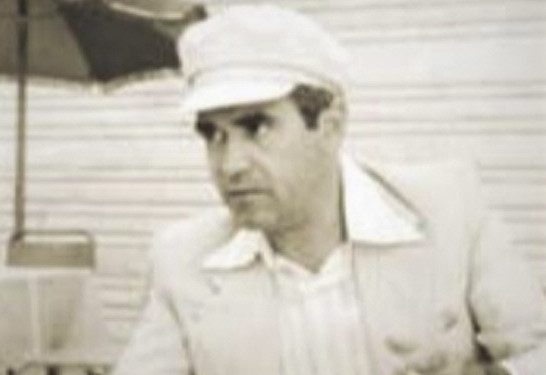
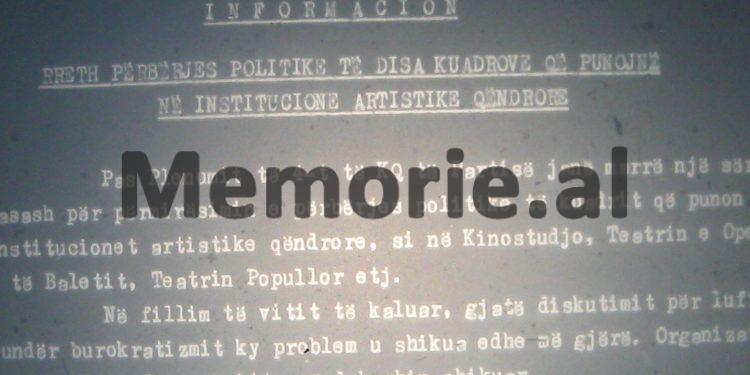
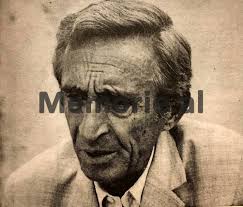
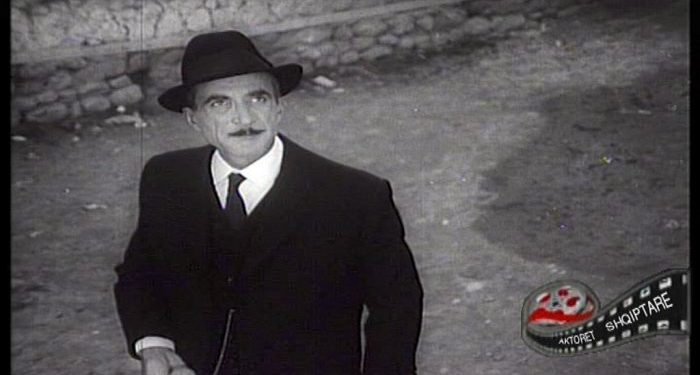

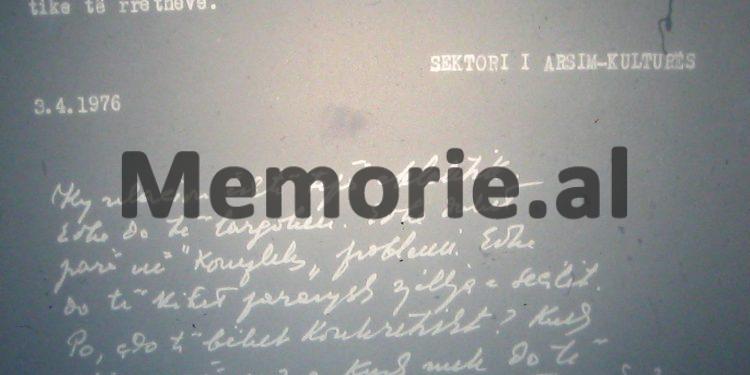
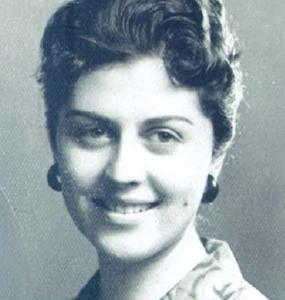
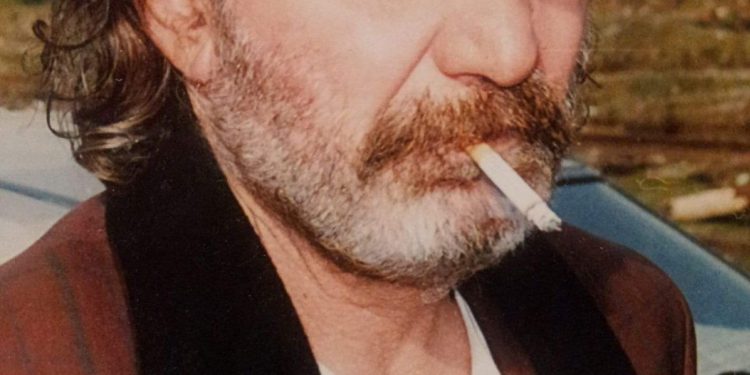

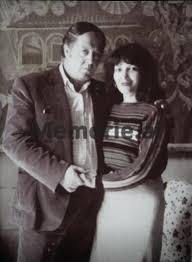
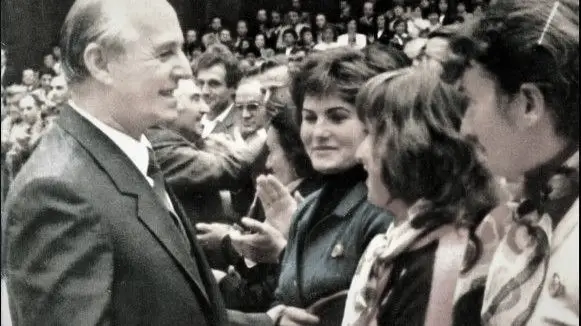
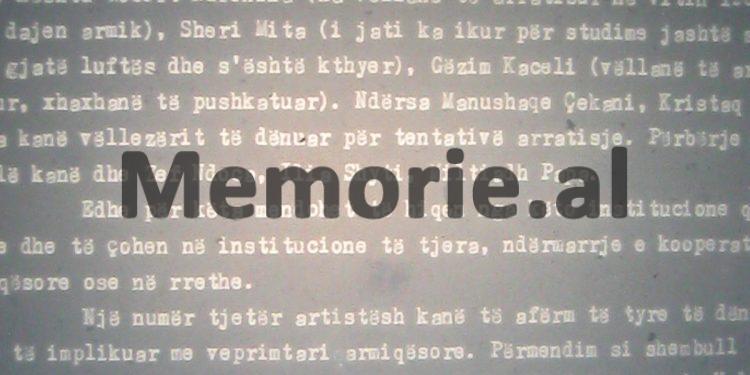

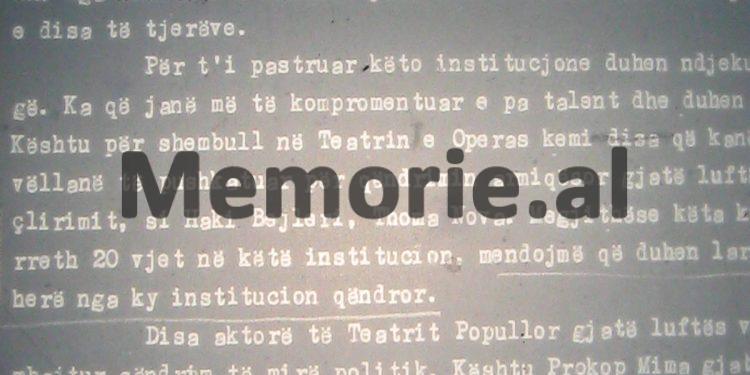
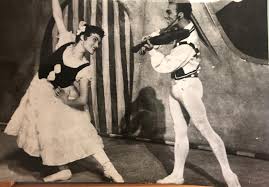


![“Count Durazzo and Mozart discussed this piece, as a few years prior he had attempted to stage it in the Theaters of Vienna; he even [discussed it] with Rousseau…” / The unknown history of the famous Durazzo family.](https://memorie.al/wp-content/uploads/2026/02/collagemozart_Durazzo-2-350x250.jpg)
